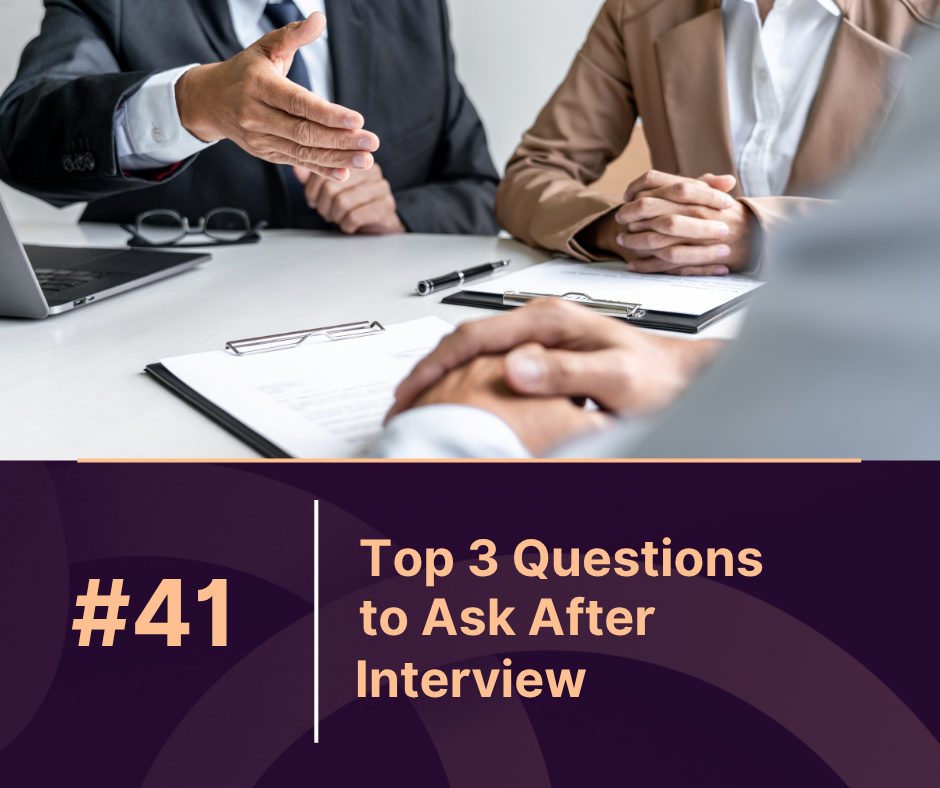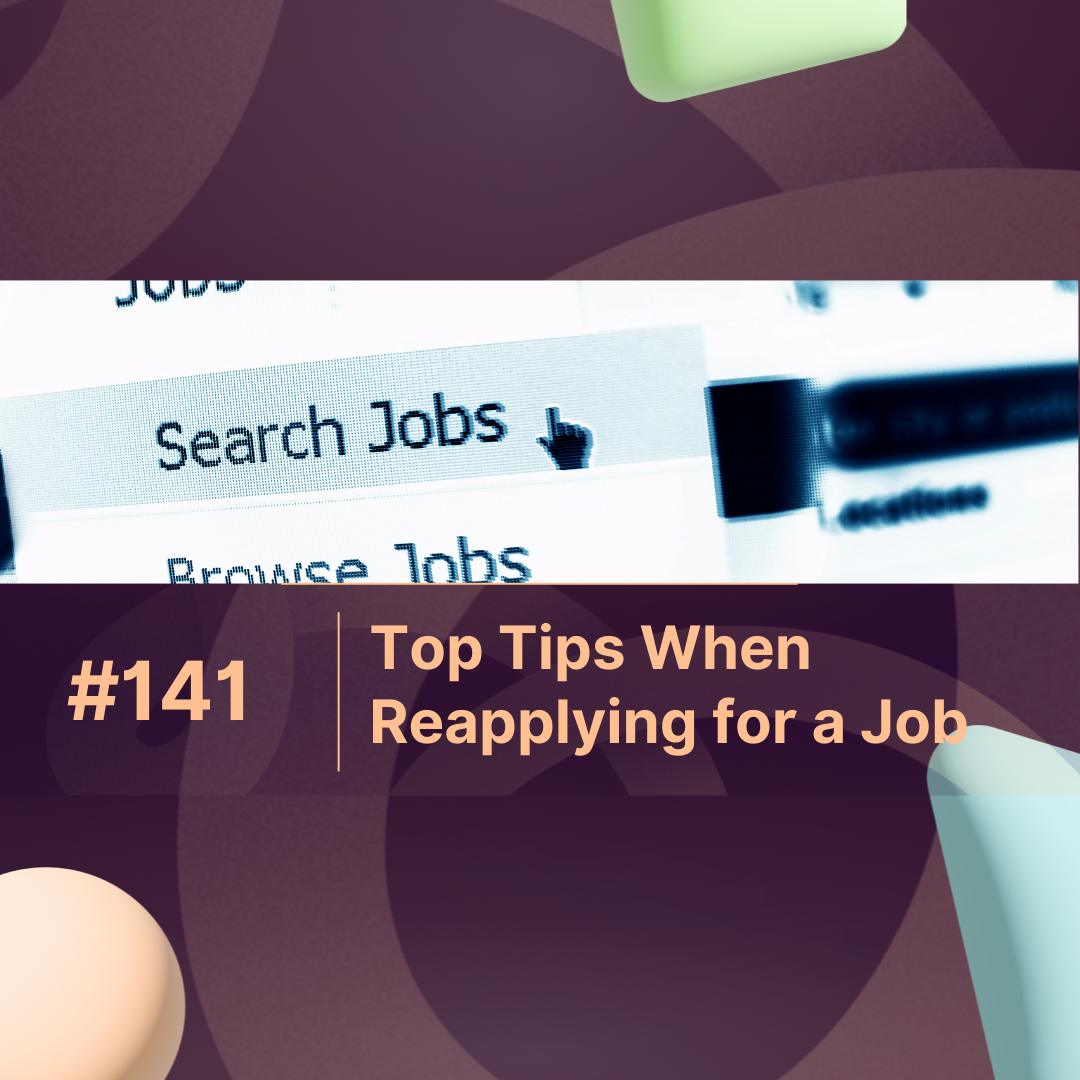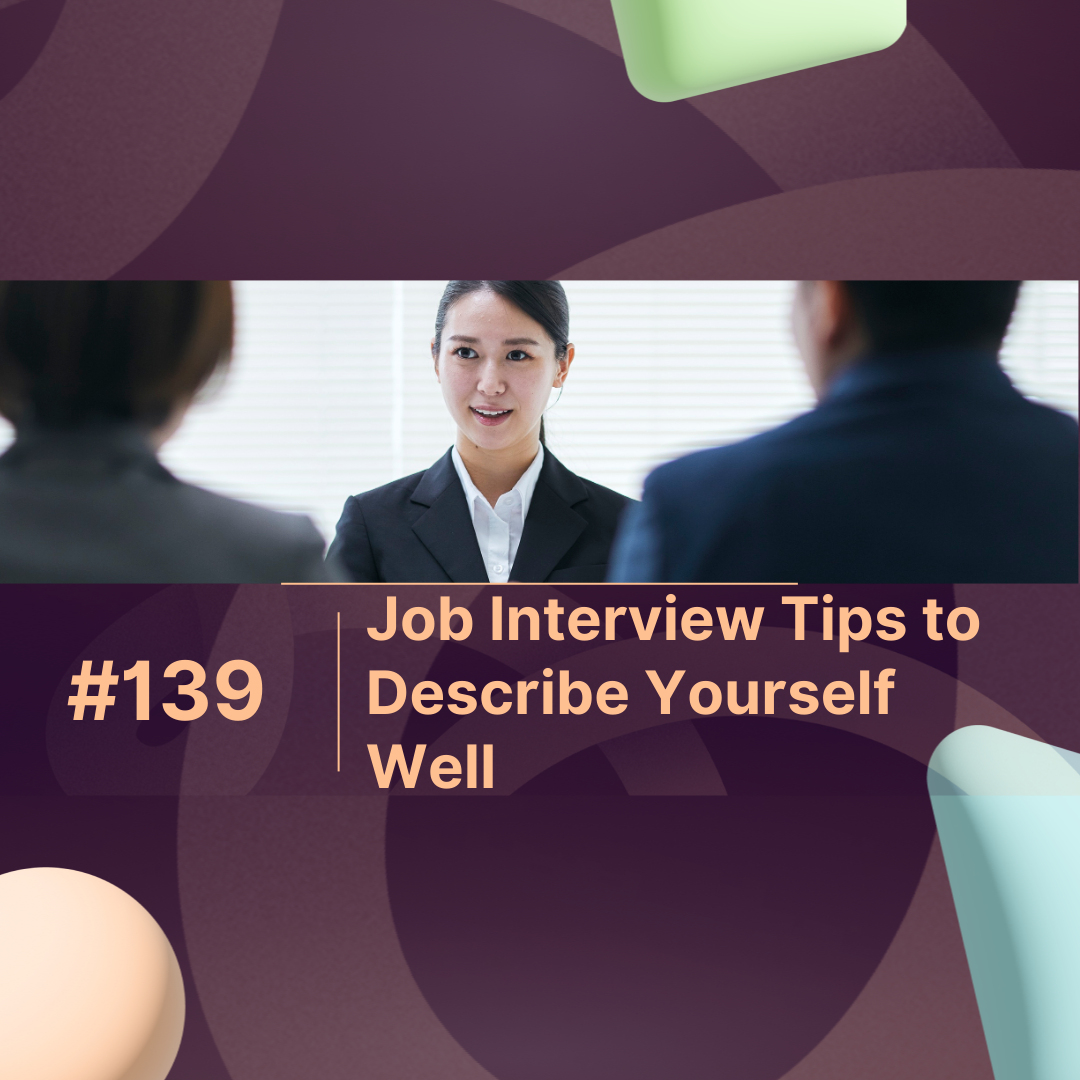Overview
Asking thoughtful questions after an interview can leave a lasting impression. While most candidates focus on preparing for the interview itself, the follow-up is where great candidates truly stand out. In this guide, we’ll uncover the top 3 questions to ask after an interview the ones hiring managers genuinely appreciate. Whether you’re interviewing for a remote job or an on-site role, these questions can position you as proactive, strategic, and aligned with the company’s goals.
Why Asking the Right Questions Matters
According to a survey by CareerBuilder, 49% of hiring managers say that candidates who don’t ask questions appear unprepared or disinterested. This shows how critical your follow-up questions are—not just as a formality, but as a reflection of your professionalism and curiosity.
More than just a chance to clarify your role, the top 3 questions to ask after an interview can help you:
-
Better understand the company culture
-
Assess alignment with your career goals
-
Show strategic thinking
Top 3 Questions to Ask After an Interview That Hiring Managers Love
1. What does success look like in this role after six months to a year?
Why it works: This question shifts the conversation from duties to outcomes. It shows that you’re not just interested in tasks—you’re focused on results.
Bonus tip: It subtly prompts the interviewer to imagine you in the role, already contributing.
2. Can you share some examples of how the team collaborates on cross-functional projects?
Why it works: Collaboration is critical, especially in hybrid or remote environments. This question highlights your team-oriented mindset and initiative in understanding workflows.
Related search terms used:
questions to ask about team culture, post-interview questions about collaboration
3. What are the next steps in the hiring process?
Why it works: It shows you’re serious about moving forward. It also provides clarity on timelines and sets expectations—something both candidates and hiring managers value.
How These Questions Influence Hiring Decisions
Here’s a breakdown of how each question impacts the hiring manager’s perception, based on industry insights:
| Question | Positive Impression Created | Percentage of Hiring Managers Favoring It |
|---|---|---|
| Success metrics (Q1) | Strategic thinking | 72% |
| Team collaboration (Q2) | Cultural fit, communication skills | 64% |
| Hiring process (Q3) | Professionalism, clarity | 59% |
Source: Glassdoor and HR Dive aggregated insights, 2024-25
Mistakes to Avoid When Asking Post-Interview Questions
Even with the top 3 questions to ask after an interview, avoid these common mistakes:
-
Asking about salary or perks too early – Save this for offer-stage discussions.
-
Repeating what’s already been covered – Listen carefully so your questions add value.
-
Being vague or generic – Show that you’ve researched the company and role.
Maximize Your Job Hunt with Smart Tools
Asking the right questions is just one part of standing out. To truly excel, job seekers are turning to platforms like MaxProfile—an all-in-one tool designed to enhance professional visibility, track interviews, and tailor resumes to each job application.
✅ Ready to take your job search to the next level?
Create your free MaxProfile now and impress hiring managers from the first click to the final follow-up.
Conclusion
Mastering the top 3 questions to ask after an interview can make the difference between a good candidate and a standout one. These questions demonstrate initiative, strategic thinking, and cultural alignment all traits hiring managers value deeply. So, next time you’re wrapping up an interview, don’t just thank them—leave them thinking, “This is someone we need on our team.”
FAQs
Q1: How many questions should I ask after an interview?
Ideally, 2–3 thoughtful questions. It shows interest without overwhelming the interviewer.
Q2: Can I ask the same questions in multiple interviews?
Yes, but tailor them based on the role and interviewer. Generic repetition may seem scripted.
Q3: What if the interviewer already answered my prepared questions?
Mention that they’ve covered them and follow up with an additional, thoughtful question about the team, leadership style, or future goals.
Q4: Should I ask these questions in a phone interview?
Absolutely. Even during early-stage interviews, these questions show your serious intent.
Q5: Is it okay to write down the questions beforehand?
Yes! It’s smart to come prepared. It shows you’ve thought ahead and take the process seriously.



